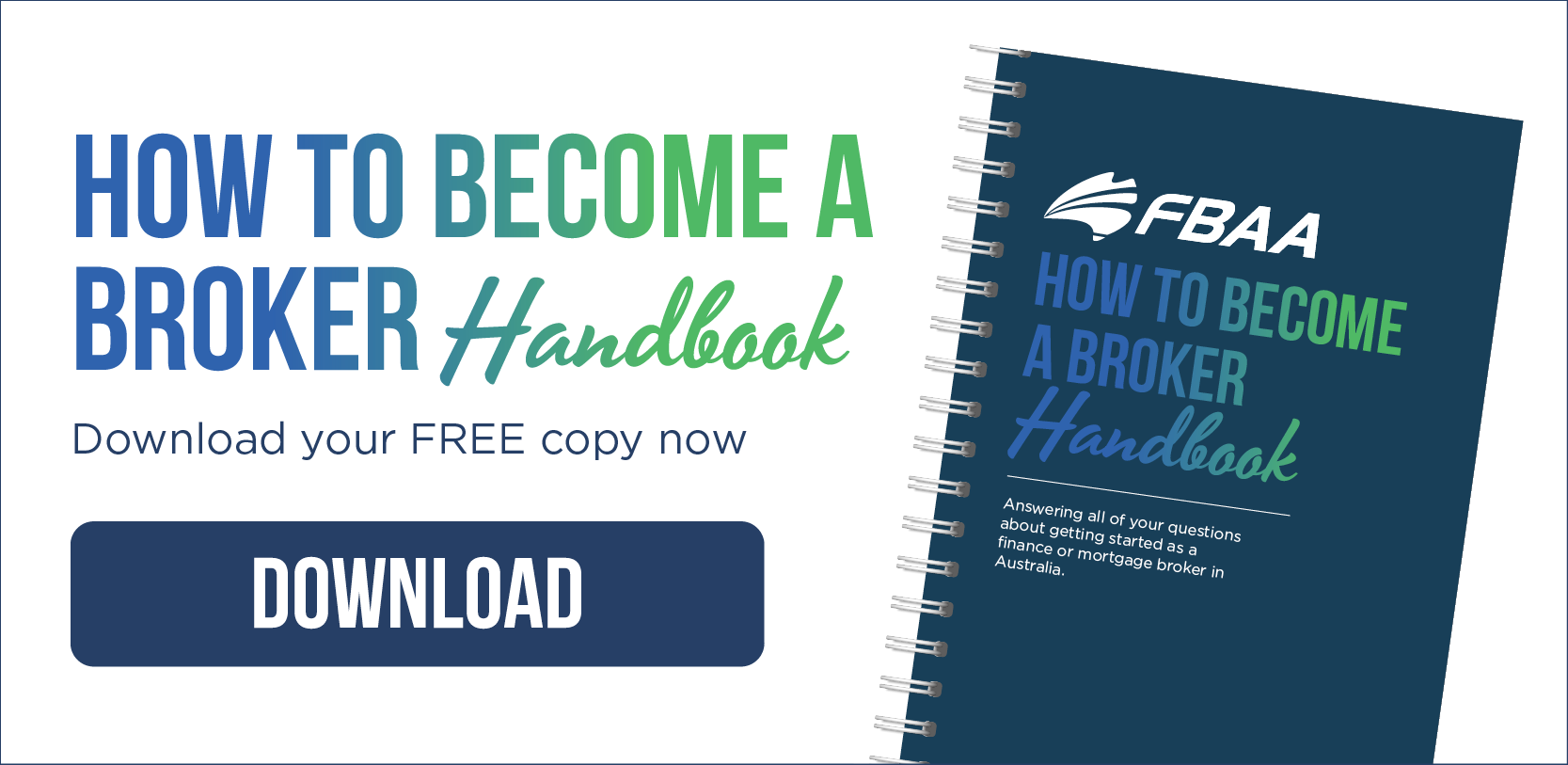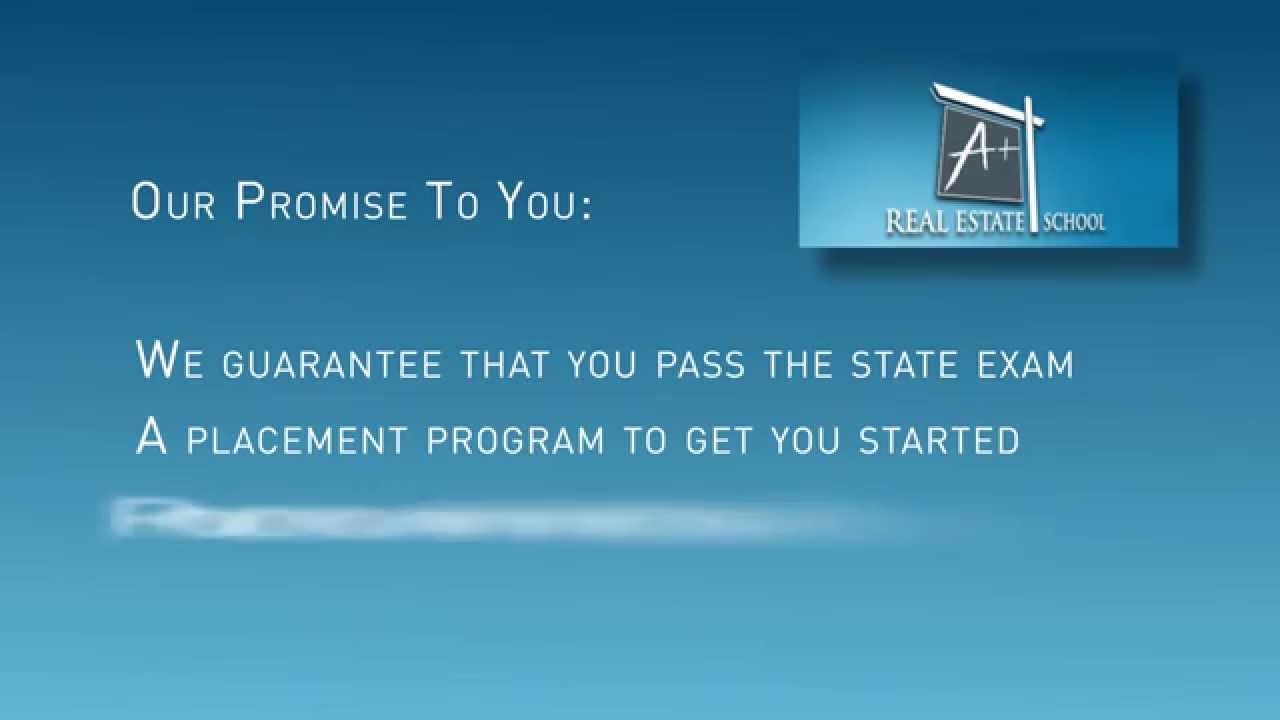
What is closing costs?
Closing Costs are fees that you will pay at the conclusion of your home purchase process. These costs include all taxes and fees relating to the purchase of real estate. These fees are split between the buyer and seller depending on the responsibility of each party.
These costs can be a combination between one-time charges and initial monthly installments for recurring expenses. The recurring costs include homeowners insurance, property tax payments and may vary by lender.
Some of these one-time fees are fixed, while others are based on the loan amount. You'll likely have to pay an application fee, attorney fees, and courier charges.
The typical closing costs of a buyer
Closing cost will vary by state and county property tax rates. The fees may include the title firm's fee as well as escrow, appraisal, and record filing.

What are the average closing cost for a refinance loan?
Closing expenses for a refinanced loan are generally lower, but still have to be included. The Loan Estimate that lenders send to buyers three days after applying for a loan will include estimated closing costs.
This estimate should not just be accurate, it should also make sense. It's important to review these documents closely, asking questions if you don't understand something.
What are closing costs when selling a home?
Home sellers usually have to pay various closing costs including brokerage commissions and tax on property transfers. The seller may also be required to pay for the prepaid interest of their mortgage as well as fees related to home inspections and pest inspections.
These costs can be negotiated if the service provider agrees to lower its fees. The buyer can ask for a "seller credit" which is a contribution from the seller towards the closing costs.
How to reduce closing costs
To avoid closing costs, make sure to shop around for the best mortgage. You should consider your credit rating, debt-toincome ratio and down payment before applying for a mortgage.

Preapproval for a mortgage allows you to know how much you will have to pay in closing costs and gives you the time you need to research prices and neighborhoods. It will allow you to compare lenders and fees before making your final decision.
A seller's mortgage tax recording fee and a transfer of title fee are also payable by the seller. They usually amount to 1.825% of home sale price. These are often overlooked by buyers, but they're a big deal and can add as much as 2% to the price of a resale home.
FAQ
What flood insurance do I need?
Flood Insurance protects you from flooding damage. Flood insurance can protect your belongings as well as your mortgage payments. Learn more information about flood insurance.
Do I need a mortgage broker?
A mortgage broker may be able to help you get a lower rate. Brokers have relationships with many lenders and can negotiate for your benefit. Some brokers do take a commission from lenders. Before you sign up for a broker, make sure to check all fees.
What is a reverse mortgage?
Reverse mortgages are a way to borrow funds from your home, without having any equity. You can draw money from your home equity, while you live in the property. There are two types of reverse mortgages: the government-insured FHA and the conventional. With a conventional reverse mortgage, you must repay the amount borrowed plus an origination fee. FHA insurance will cover the repayment.
Statistics
- Private mortgage insurance may be required for conventional loans when the borrower puts less than 20% down.4 FHA loans are mortgage loans issued by private lenders and backed by the federal government. (investopedia.com)
- When it came to buying a home in 2015, experts predicted that mortgage rates would surpass five percent, yet interest rates remained below four percent. (fortunebuilders.com)
- Based on your credit scores and other financial details, your lender offers you a 3.5% interest rate on loan. (investopedia.com)
- Some experts hypothesize that rates will hit five percent by the second half of 2018, but there has been no official confirmation one way or the other. (fortunebuilders.com)
- It's possible to get approved for an FHA loan with a credit score as low as 580 and a down payment of 3.5% or a credit score as low as 500 and a 10% down payment.5 Specialty mortgage loans are loans that don't fit into the conventional or FHA loan categories. (investopedia.com)
External Links
How To
How to buy a mobile house
Mobile homes are homes built on wheels that can be towed behind vehicles. Mobile homes are popular since World War II. They were originally used by soldiers who lost their homes during wartime. People who live far from the city can also use mobile homes. These houses come in many sizes and styles. Some are small, while others are large enough to hold several families. Even some are small enough to be used for pets!
There are two types main mobile homes. The first type of mobile home is manufactured in factories. Workers then assemble it piece by piece. This happens before the product can be delivered to the customer. You can also build your mobile home by yourself. First, you'll need to determine the size you would like and whether it should have electricity, plumbing or a stove. Next, ensure you have all necessary materials to build the house. You will need permits to build your home.
If you plan to purchase a mobile home, there are three things you should keep in mind. You may prefer a larger floor space as you won't always have access garage. Second, if you're planning to move into your house immediately, you might want to consider a model with a larger living area. You should also inspect the trailer. You could have problems down the road if you damage any parts of the frame.
You should determine how much money you are willing to spend before you buy a mobile home. It is crucial to compare prices between various models and manufacturers. You should also consider the condition of the trailers. Many dealerships offer financing options but remember that interest rates vary greatly depending on the lender.
It is possible to rent a mobile house instead of buying one. Renting allows the freedom to test drive one model before you commit. Renting isn’t cheap. Renters usually pay about $300 per month.